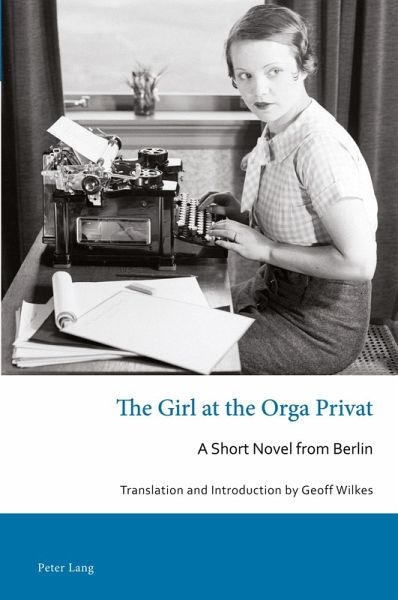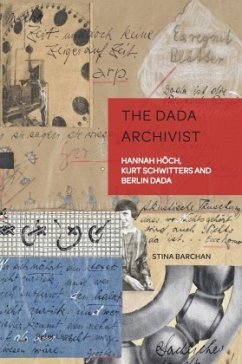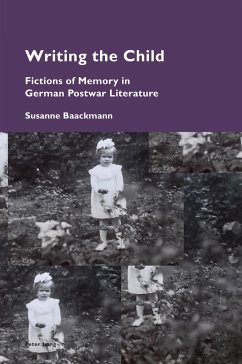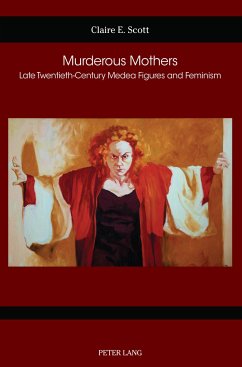
The Girl at the Orga Privat
A Short Novel from Berlin
Herausgegeben: Mehigan, Tim; Schulz, Gerhard; Wilkes, Geoff
Versandkostenfrei!
Versandfertig in 6-10 Tagen
50,95 €
inkl. MwSt.
Weitere Ausgaben:

PAYBACK Punkte
0 °P sammeln!
In the spring of 1928, the coal miner's daughter Erna Halbe leaves her provincial hometown for Berlin, where she takes an office job. Her new colleagues laugh at her unfashionable clothes and dub her «The Girl at the Orga Privat» when she is given an old typewriter of that make to work on.The eighteen-year-old Erna must find her way not only in the big city, and among the other young women, but also through the difficult conditions at work, where the salaries are barely enough to live on and the male bosses harass the female employees. When her coworker Trude becomes pregnant by her boss and...
In the spring of 1928, the coal miner's daughter Erna Halbe leaves her provincial hometown for Berlin, where she takes an office job. Her new colleagues laugh at her unfashionable clothes and dub her «The Girl at the Orga Privat» when she is given an old typewriter of that make to work on.
The eighteen-year-old Erna must find her way not only in the big city, and among the other young women, but also through the difficult conditions at work, where the salaries are barely enough to live on and the male bosses harass the female employees. When her coworker Trude becomes pregnant by her boss and is sacked, Erna draws on her working-class background to organize her more genteel colleagues into a protest strike.
Rudolf Braune's Erna is a more radical literary example of the Weimar Republic's resourceful - but often politically indifferent - «New Woman» than Irmgard Keun's Doris and Vicki Baum's Flämmchen.
The eighteen-year-old Erna must find her way not only in the big city, and among the other young women, but also through the difficult conditions at work, where the salaries are barely enough to live on and the male bosses harass the female employees. When her coworker Trude becomes pregnant by her boss and is sacked, Erna draws on her working-class background to organize her more genteel colleagues into a protest strike.
Rudolf Braune's Erna is a more radical literary example of the Weimar Republic's resourceful - but often politically indifferent - «New Woman» than Irmgard Keun's Doris and Vicki Baum's Flämmchen.














